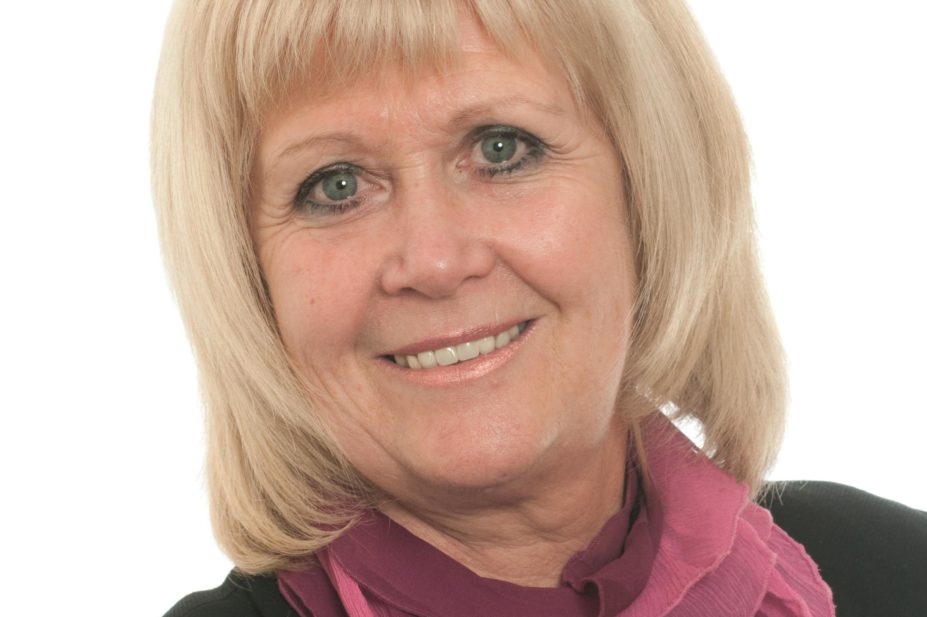
RPS
The Royal Pharmaceutical Society’s (RPS’s) Welsh Pharmacy Board (WPB) held its first meeting of 2019 at the Society’s Welsh offices in Pontprennau, Cardiff, on 17 January 2019. Present at the meeting were Paul Bennett, chief executive of the RPS; Ash Soni, president of the RPS; Robbie Turner, RPS director of pharmacy and member experience; Gino Martini, RPS chief scientist; and Gail Fleming, RPS director for education and professional development. Guests at the meeting were RPS members Steve Simmons, Julie Davies and Wendy Davies.
Apologies were received from Ruth Mitchell, Richard Evans and Mike Curson.
Director’s update
Looking back at 2018’s operational performance plan, Mair Davies, RPS director for Wales, noted that most workstreams were on schedule, although the plans for workforce wellbeing would continue into 2019. Part of RPS Wales’s wellbeing activities for 2019 include working with the other two nations on a revamped GB-wide mentoring programme, and a new programme for revalidation peer support.
In the past quarter, RPS Wales representatives had briefed members of the Welsh Assembly Senior Research Service staff on the main pharmacy issues and the work of the Society, including the recent publication of the RPS Wales’s ‘Palliative care policy’. A meeting was held with Helen Mary Jones, health spokesperson for Plaid Cymru, in which issues for inclusion in the party’s 2021 election manifesto were discussed, including greater integration of pharmacists in multidisciplinary teams; read/write access to GP patient records; and the potential for using community pharmacies as health hubs.
Davies described 2018 as a challenging year and thanked the Board — and the RPS Wales team — for their hard work and flexibility. Davies offered particular thanks to Elen Jones, RPS policy and practice lead, for stepping in as director for Wales during Davies’s 2018 secondment as interim director for education.
Chair’s update
Suzanne Scott-Thomas, chair of the Board, explained that she had represented the RPS on the Welsh government’s Brexit advisory group for health and social care, which is chaired by Vaughan Gething, Welsh cabinet secretary for health and social care. Scott-Thomas said much Brexit activity was being led by the Department for Health and Social Care (DHSC) so the group had been asking what current preparations would mean for Wales.
Ross Gregory, head of external relations at RPS Wales, said that the Society was supportive of changes to human medicines regulations that allow for serious shortage protocols (SSPs) so that pharmacists could substitute medicines, and added that the legislation recognises the skills that pharmacists have. Scott-Thomas asked for suggestions on what good public communication around the SSP could look like.
Local engagement
Jodie Williamson, professional development and engagement lead, shared RPS Wales’s plan for local engagement in 2019. There is now an RPS local coordinator in each health Board area in Wales, Williamson said, and a local engagement steering group, comprising board members Mike Curson, Richard Evans and Jodie Gwenter, will meet quarterly in 2019. Each quarter, at least four events will be held in each RPS Local region and a designated Board member will — as far as possible — be present at each event.
Board member Rob Davies proposed that the Board consider ways to further promote RPS Local.
Policy and practice
All three Boards had fed into the General Pharmaceutical Council’s (GPhC’s) consultation on online pharmacies, Elen Jones said. The RPS’s initial draft policy on online pharmacies was based on the Society’s response.
A discussion arose about whether online pharmacies should have to name their responsible pharmacist (RP). Ash Soni said that since that bricks-and-mortar pharmacies have name their RP, it would “seem odd” if online pharmacies did not. “Why make it easier online, when there are greater risks?” he asked. Board member Sudhir Sehrawat asked how this would work in reality, when an online pharmacy is effectively open 24 hours a day, to which Scott-Thomas responded that however it works in reality, the principle ought to be in place. Soni suggested that if an RP was not onsite, the online pharmacy should make that clear and state that they could not currently perform certain services.
Other questions arose about ensuring the appropriate supply of pharmacy medicines and how to manage online services when the provider is based outside of the UK: particularly around reinforcing the audit trail and secure storage.
Following the discussion, Jones said that the Board’s feedback — along with that from the Scottish and English Boards — will now be taken to Heidi Wright, English practice and policy lead at the RPS, with updates to follow.
Board member updates
Board member Cheryl Way said that with the implementation of the Falsified Medicines Directive (FMD) “safety features” legislation on 9 February 2019, pharmacists need to ensure that their staff have been suitably trained. The NHS was, she said, looking at putting some patient-facing information online and the GPhC was due to announce that FMD would be incorporated into future pharmacy inspections. Way told the Board that in the event of a no-deal Brexit, the Medicines and Healthcare products Regulatory Agency had said that it will consider a national equivalent of FMD.
Turner reminded the Boards that the RPS had created an FMD Hub that signposts to guidance on the directive.
- The next open meeting of the RPS WPB was scheduled for 3 April 2019.

